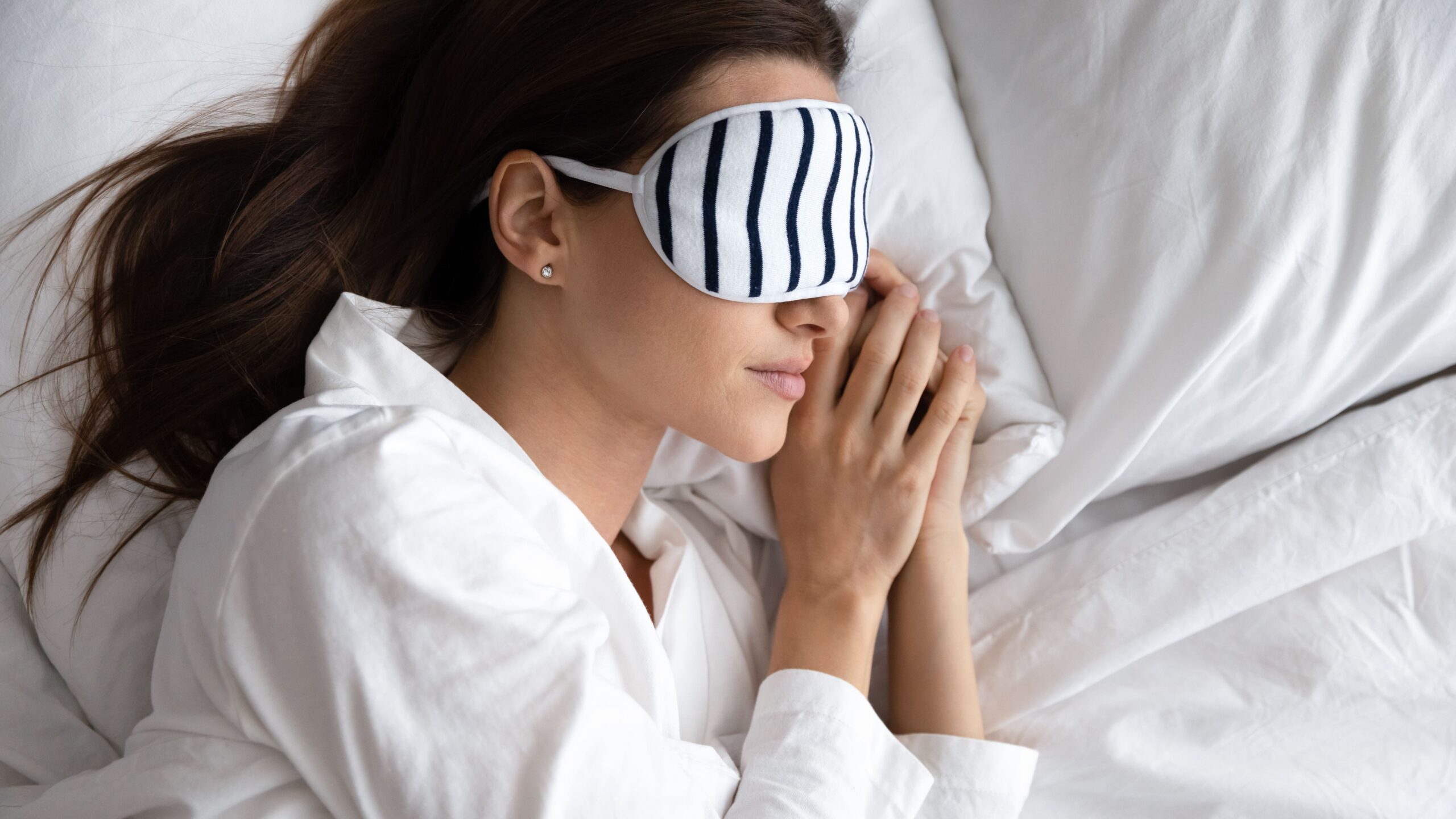Nutrition as one of the keys to a good night sleep
We all know that sleep is crucial, not only for our physical health but also for our mental wellbeing. Getting adequate amounts of sleep at night helps our body to rest and repair, getting us ready for the day head.
However, sometimes falling asleep isn’t all that easy – in fact, around 10-30% of adults across the globe report experiencing insomnia, with this figure being as high as 50-60% in some parts of the world1.
In this blog post, we will discuss some of the best foods for improving your sleep, as well as some other helpful tips on getting a good night’s rest.
Which foods should I eat for better sleep?
Unfortunately, there is no one food that is guaranteed to give you a good night’s sleep. However, there are a few foods that could potentially help you get better sleep when consumed as part of a balanced diet.
Research shows that, among other health benefits, oily fish can help increase our quality of sleep and improve our daily functioning.2 Consuming at least one portion of oily fish per week can also have cardio-protective effects and is highly beneficial for our brain health!
You may also find that nuts help you with your sleep – they contain melatonin, a chemical which regulates our day and night cycles. As well as this, they are packed full of essential minerals such as magnesium, zinc, and calcium.
Interestingly, kiwi fruit could also be beneficial. Kiwis not only contain plenty of vitamins, which reduce oxidative stress in the body, but additionally contain serotonin, melatonin, and folate, all of which have been shown to boost sleep onset and length.
Some other foods that contain a lot of sleep-friendly melatonin include tart cherries, milk, and mushrooms.
That is not to say that consuming any of these foods will guarantee you good sleep – if you think you are having serious problems with insomnia, it’s probably worth talking to your doctor about.
Overall, the best way to eat to help you sleep is to consume a varied, balanced diet containing all the essential nutrients we need to function. This includes plenty of protein, wholegrain carbohydrates, dietary fats, fruits and vegetables, nuts, grains, pulses, and dairy or dairy alternatives. Plus, of course, adequate hydration is vital!
Is there anything I need to avoid?
Eating anything too spicy or acidic in the evening could impact your sleep by causing indigestion or acid reflux. This is definitely the cause for some people and tends to lead to a lot of discomfort, making it more difficult for you to get to sleep at night.
Our top 3 tips for a good night’s sleep:
One – cut down on caffeine
Drinking large amounts of caffeine will make it much harder to fall asleep at night due to its effects on the body as a stimulant. It can also disrupt our natural circadian rhythms, as evidenced by recent studies3.
Next time you find yourself reaching for that last cup of tea before bed, try sticking to decaf – your body will thank you for it!
Two – don’t eat too late in the evening
Eating late at night has been shown to have a disruptive effect on sleep4. Having food in the evening will force your gut to remain active during the night, when it would normally not be digesting anything.
Late-night eating can also lead to potential health problems such as impaired metabolism, glucose intolerance and even cardiovascular illness.
If you’re finding yourself hungry in the evening, it might be a sign that you’re not eating enough during the day! Getting adequate nutrition from your food will make you less likely to turn to midnight snacking, helping you get a more replenishing sleep.
Three – respect your body and relax your mind
The most important factor when it comes to sleep is looking after yourself. Prioritising self-compassion, practicing mindfulness, and allowing yourself freedom around food will help you to have much more restful nights.
Stress can also negatively impact the amount of sleep we get, so it’s important to make sure you are taking care of yourself!
Here at EHL, we can help you to nourish your body and nurture your relationship with food. Get in touch with us today at [email protected] for more information.
EHL Team x
Robin Wileman, EHL student dietitian intern
References
1 Suni, E., & Truong, K. (2022, May 13). Sleep Statistics. Sleep Foundation. Available at: https://www.sleepfoundation.org/how-sleep-works/sleep-facts-statistics
2 Hansen, A. L., Dahl, L., Olson, G., Thornton, D., Graff, I. E., Frøyland, L., Thayer, J. F., & Pallesen, S. (2014). Fish Consumption, Sleep, Daily Functioning, and Heart Rate Variability. Journal of Clinical Sleep Medicine, 10(05), 567–575. Available at: https://doi.org/10.5664/jcsm.3714
3 Burke, T. M., Markwald, R. R., McHill, A. W., Chinoy, E. D., Snider, J. A., Bessman, S. C., Jung, C. M., O’Neill, J. S., & Wright, K. P. (2015). Effects of caffeine on the human circadian clock in vivo and in vitro. Science Translational Medicine, 7(305). Available at: https://doi.org/10.1126/scitranslmed.aac5125
4 Uçar, C., Özgöçer, T., & Yıldız, S. (2021). Effects of late‐night eating of easily—or slowly—digestible meals on sleep, hypothalamo‐pituitary‐adrenal axis, and autonomic nervous system in healthy young males. Stress and Health, 37(4), 640–649. Available at: https://doi.org/10.1002/smi.3025

